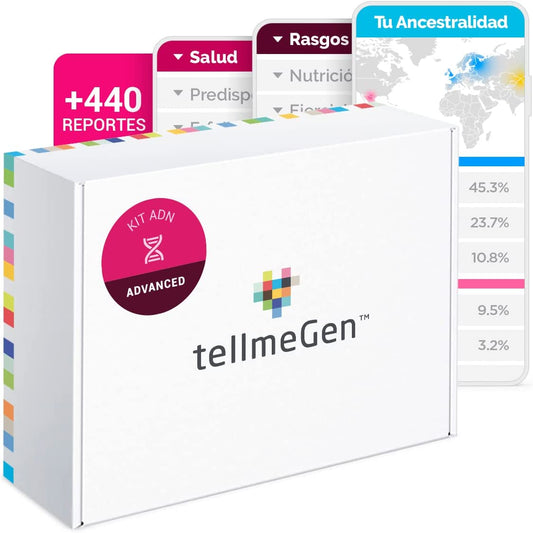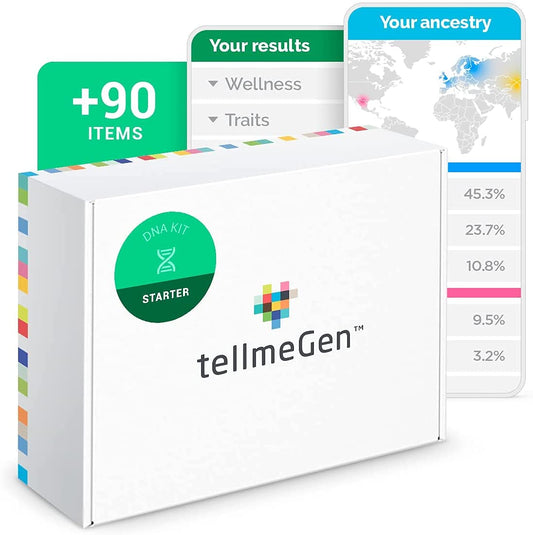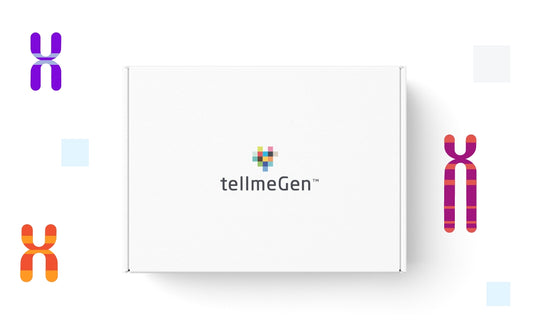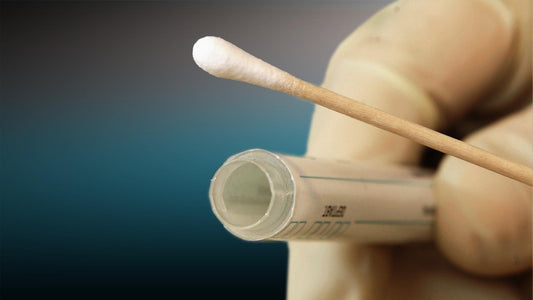Cosmetognomics is an emerging branch of genetics that seeks to understand how a person's genetic information can affect their physical appearance and, in particular, how it can be used for the development of personalized cosmetics and personal care products. With the rise in popularity of personalized medicine, cosmetognomics has begun to receive more and more attention and has been considered by some as the next revolution in the cosmetics industry. But what exactly is cosmetognomics and how does it work?
In simple terms, cosmetognomics focuses on studying how a person's genetic information can influence their physical appearance. Through DNA analysis, scientists can identify genetic variations that are associated with certain physical traits, such as skin pigmentation, hair texture, and a propensity for wrinkles or skin blemishes. By studying these traits at the genetic level, researchers can gain a better understanding of the underlying biological processes and ultimately develop personal care and cosmetic products that are designed to work with each individual's DNA in a specific way.
One example of how cosmetognomics is being used today is in the development of skin care products. It has been found that certain genetic variations can increase a person's susceptibility to wrinkles or skin blemishes, or can make their skin more sensitive to certain ingredients in personal care products. By studying these variations at the genetic level, scientists can develop products that are specifically designed to work with each individual's DNA. This can include ingredients that are known to work well with certain genetic variations, as well as the removal of ingredients that are known to be irritating or harmful to the skin.
Another example is the use of cosmetognomics in the development of hair products. It is known that certain genetic variations can influence the texture of the hair and its tendency to be dry or oily. By studying these variations at the genetic level, scientists can develop products that are specifically designed to work with each individual's DNA. This can include ingredients known to work well with certain genetic variations, as well as removing ingredients known to be harmful to hair.
But is cosmetognomics really the next cosmetics revolution? Although cosmetognomics has the potential to revolutionize the cosmetics industry by providing highly effective and personalized products, there are still some significant challenges that need to be overcome before this becomes a reality.
One of the biggest challenges is cost. Currently, DNA analysis is an expensive process and requires specialized equipment and trained personnel. This means that developing personalized cosmetics and personal care products based on cosmetognomics can be prohibitively expensive for many people.
Another challenge is the lack of clear regulations around cosmetognomics. As it is a relatively new branch of genetics, there are few clear standards or regulations around how cosmetognomics-based products should be developed and marketed. This can lead to safety and efficacy issues, as well as the exploitation of consumers by unethical companies.
In addition, there are concerns about the privacy and security of genetic data. As DNA analysis is a process that involves the collection of personal genetic data, it is important to ensure that this data is handled securely and ethically. This can be particularly problematic in the case of cosmetognomics, since a person's genetic data could be used for non-personal care purposes, such as health insurance or employment discrimination.
Despite these challenges, cosmetognomics remains an exciting and promising branch of genetics. With the advancement of technology and research, it is possible that in the future many of these challenges can be overcome and a highly personalized and effective cosmetics industry based on cosmetognomics can be developed.
At present, companies like tellmeGen offer the possibility of carrying out a personalized genetic analysis to find out information about our genetics and how it influences aspects related to beauty. It is important to note that this type of analysis is not a medical diagnosis and the results should not be used to make important medical decisions without the supervision of a healthcare professional.
In short, cosmetognomics is an emerging branch of genetics that seeks to understand how a person's genetic information can affect their physical appearance and ultimately develop personalized cosmetics and personal care products. Although there are still significant challenges to be overcome before this becomes a reality, cosmetognomics has the potential to revolutionize the cosmetics industry by providing highly effective and personalized products.


























































































































